When most people think about adopting a sustainable lifestyle, their first instinct is often to focus on restrictions. We hear phrases like, “I should stop eating meat to be more sustainable,” or “I need to cut fried food for my health”. These ideas and phrases are definitely valid, as food systems make up a significant part of global emissions, with animal products playing a major part[1]. Increasing demands from global population growth is making it an even more important issue to tackle[2], leading many to believe that cutting meat is the best way forward. The issue is that removing products from one’s diet often leads to an increased longing for these products making it harder to stay committed. What if we approached sustainability differently, focusing on what we can add to our lives so that we minimise what we must give up?
Instead of saying, “I should stop eating meat,” consider a plant-forward approach like, “If I eat chicken today, I’ll balance it with adding more vegetables and grains.” This shift in thinking, from subtracting to adding, can make sustainability feel more attainable and less overwhelming. A plant-forward approach is not a diet but a mindset, it helps you eat less meat and healthier, more balanced food.

The Problem with Restriction-Based Thinking
When it comes to living sustainably, focusing on what we “can’t” do often leads to frustration and burnout. Telling yourself, “I have to stop eating fried food” or “I have to cut out all meat” might feel like the right thing to do, but over time, this mindset can make sustainability feel like an endless list of sacrifices. Another issue is that if not approached correctly, with sufficient research and knowledge about plant-based alternatives, restrictive eating habits can lead to malnutrition and a lack of key nutrients[3].
While there’s evidence to support reducing certain types of consumption for environmental reasons, adopting a strict, all-or-nothing approach is tough for most people. That’s why an additive mindset can make all the difference. You don’t need to give up everything you love to live more sustainably – you just need to make smarter choices.
Why “Sustainability by Addition” Works
A key to creating lasting, positive habits is to focus on adding new, sustainable choices rather than restricting yourself. Instead of eliminating all meat, focus on incorporating more plant-based meals during the week. For example, if you really crave chicken, you can start by looking for a plant alternative, but if that doesn’t satisfy you, you can balance it by adding a bean salad. While such a meal still includes product with a high environmental impact, by adding other ingredients it becomes a smaller part of the dish. This helps reduce your overall environmental while leading you on a path to explore new more sustainable dishes and without the pressure of becoming fully vegetarian or vegan[4].
This approach works because it’s not always about making huge sacrifices – it’s about making small, consistent changes that add up to a more sustainable lifestyle over time.
Why Small Steps Matter More Than Big Gestures
Sustainability isn’t about being perfect in every decision you make. It’s about consistently making better choices, even if they’re small. Whether it’s adding more plant-based meals to your diet, choosing reusable products, or being mindful of energy use, these little actions can have a big impact over time.
Remember, it’s what you do every day that makes the biggest difference, not what you do every once in a while. It is better to eat primarily plants with periods of eating meat, than primarily meat with short periods of vegan food. By shifting your mindset from subtraction to addition, you’re more likely to enjoy the process and make sustainable living a lifelong habit.
FAQs on Sustainability by Addition
Q: What is sustainability by addition?
A: Sustainability by addition focuses on adding eco-friendly habits to your life, rather than restricting yourself from what you enjoy. It’s a more flexible and practical approach to living sustainably.
Q: How can I start living sustainably without giving up meat?
A: We have developed an app to deal with this exact question! The Kitchen Adventure helps you with adopting a plant-forward diet—using meat as a smaller part of your meals and increasing your intake of plant-based foods like grains, vegetables, and legumes.
Q: Is sustainable living expensive?
A: It doesn’t have to be. You can start with the food you eat, meat products have become increasingly expensive, whereas beans and legumes are a cheaper alternative for protein, especially if you buy them dried. Two major barriers to the adoption of a plant-based diet is the perceived cost and lack of knowledge[5]. By downloading The Kitchen Adventure, you will get access to delicious recipes created by real chefs, a nutrition tracker to make sure you stay healthy, and grocery lists to make sure you stay within your budget!
Q: What if I can’t give up my favourite foods?
A: The beauty of sustainability by addition is that you don’t have to. Instead of eliminating your favourite foods, balance them with more sustainable choices. It’s not about perfection—progress is what matters most.
Join The Kitchen Adventure today!
Start your sustainability journey today by making one small, positive addition to your routine. By adding more plant-based meals to your diet, or simply balancing your meals to include more vegetables, is a small step which adds up to big changes over time. We would love to help you on this journey, join The Kitchen Adventure today and start adding more sustainable food to your diet!
Written by: Tobias Gjerlufsen
Image source: Pexels.com
Sources
[1] – Crippa, M., Solazzo, E., Guizzardi, D., Monforti-Ferrario, F., Tubiello, F. N., & Leip, A. (2021). Food systems are responsible for a third of global anthropogenic GHG emissions. Nature Food, 2(3), 198–209. https://doi.org/10.1038/s43016-021-00225-9
[2] – Davis, K. F., Gephart, J. A., Emery, K. A., Leach, A. M., Galloway, J. N., & D’Odorico, P. (2016). Meeting future food demand with current agricultural resources. Global Environmental Change, 39, 125–132. https://doi.org/10.1016/j.gloenvcha.2016.05.004
[3] – Habib, A., Ali, T., Nazir, Z., Mahfooz, A., Inayat, Q.-A., & Haque, M. A. (2023). Unintended consequences of dieting: How restrictive eating habits can harm your health. International Journal of Surgery Open, 60, 100703. https://doi.org/10.1016/j.ijso.2023.100703
[4] – Viroli, G., Kalmpourtzidou, A., & Cena, H. (2023). Exploring Benefits and Barriers of Plant-Based Diets: Health, Environmental Impact, Food Accessibility and Acceptability. Nutrients, 15(22), 4723. https://doi.org/10.3390/nu15224723
[5] – Rickerby, A., & Green, R. (2024). Barriers to Adopting a Plant-Based Diet in High-Income Countries: A Systematic Review. Nutrients, 16(6), 823. https://doi.org/10.3390/nu16060823




